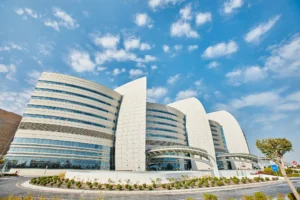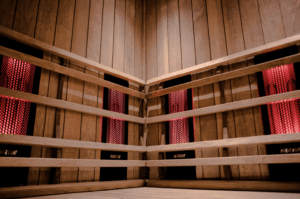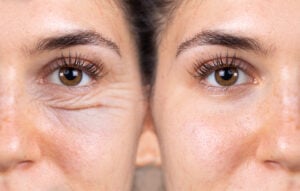Public fed-up with NHS waiting times
With an increasing number of patients in the UK waiting for GP and hospital appointments, disillusionment with the country’s National Health Service (NHS) is well and truly setting in.
The result, not surprisingly, is that more people in the UK than ever before are turning to private health care – even if they don’t have insurance. Instead, they are choosing to self-fund their treatment rather than risk waiting months on an NHS waiting list and risking their condition potentially worsening.
Thousands waiting more than 12 months for care
NHS waiting lists have been a problem for at least a few decades. To the extent that it’s hardly newsworthy. What is new, though, is the length of the wait. According to the independent think tank The Health Foundation and based on the most recent NHS data, 300,000 people have been waiting more than one year for treatment in the UK. The total number of individuals on the NHS waiting list for routine treatment is six million.
But it’s not just routine care in which the NHS is failing. Emergency care is also suffering. The same NHS report shows that 23,000 people were forced to wait on trolleys for more than 12 hours in March this year. Staff shortages due to Covid were cited as one of the main reasons for this.
Regardless of the cause, the British taxpayer is getting fed up. The British Social Attitudes survey, looking at public satisfaction with the NHS and social care, showed a drop of 17 per cent, with the result only 36 per cent of those asked were satisfied with how the NHS was currently being run. That’s the biggest ever annual drop since the study began in 1983. It’s also the lowest level since 1997, when just 34 per cent were happy with the NHS. The 2021 study was jointly funded by independent think tanks, the King’s Fund and the Nuffield Trust.
Poorest ever satisfaction levels for A&E and GP services
As well as the lowest levels of satisfaction ever recorded for GP services (38 per cent), it was also the lowest level ever for Accident and emergency (A&E) services at 39 per cent.
The survey found that the main reason people gave for their dissatisfaction with the NHS was waiting times for GP and hospital appointments – a total of 65 per cent of respondents said this was the case. Around 46 per cent of those interviewed blamed staff shortages, while 40 per cent claimed the government needed to spend more money on the NHS.
Another study carried out by the latter at the end of last year found that most people believed ‘the general standard of NHS care had deteriorated in the last year.’
Director of Policy at the Health Foundation, Hugh Alderwick said: “For some – particularly on the right of the political debate – pressures on the NHS are being used to fuel a narrative that the health system needs fundamental, typically unspecified, ‘reform’.
But the British Social Attitudes survey found strong public support for the core principles of the NHS: that it should be free of charge when you need it, funded primarily through taxation, and available to everyone.”
More than one-quarter of NHS staff interviewed said they couldn’t do their job properly because of staffing shortages. Currently, the NHS needs 110,000 doctors, nurses and other staff members to make up for the current shortfall. That’s because there are fewer compared to other countries of a similar economic background.
One in five UK residents turn to private health care
No doubt, with similar concerns in mind and impatience over lengthy NHS waiting lists, one in five people in the UK are now turning to private health care. That’s according to research carried out by Engage Britain. From a total of around 4000 people surveyed, more than one-fifth said they had turned to the private sector because they couldn’t get treated on the NHS at the time.
HCA Healthcare, one of the largest private healthcare groups in the UK, says they have seen a 20 per cent increase in the number of people coming to them for complex treatment. And many of those patients have been paying for medical care with their savings, not insurance. Private provider Spire saw a 47 per cent increase in self-pay patients.
Research by LaingBuisson shows people are using private GPs, diagnostics and consultants in an effort to speed up treatment.
Liz Heath, the author of the company’s Private Healthcare Self-Pay UK Market Report, speaks of a ‘direct correlation’ between NHS waiting lists and times for elective procedures/diagnostics and enquiries around self-pay. She adds: “Since those waiting lists are not falling, we would expect demand to be sustained as people seek to access treatment.”
Currently, around eight million people in the UK have private health insurance. This is from a total of approximately 67 million UK residents.
Are you seeking private treatment in London or abroad? Medical Travel Market is launching agency services to connect patients with the world’s most advanced hospitals and clinics. Sign up below to stay informed.















